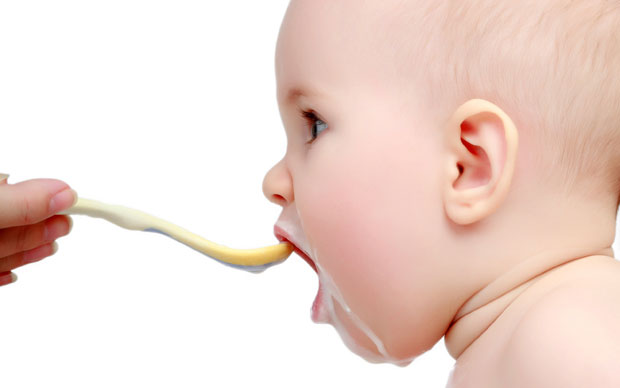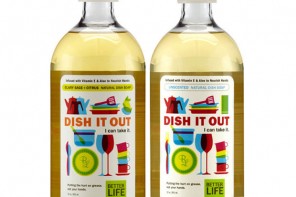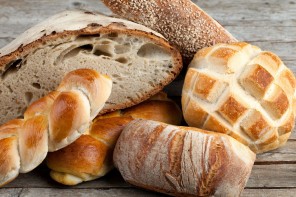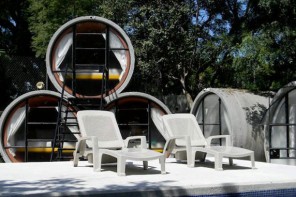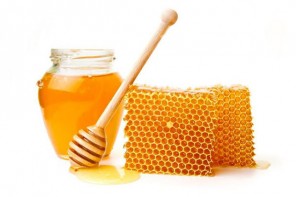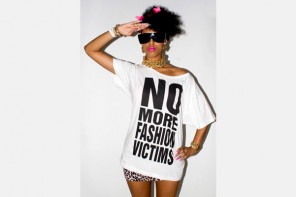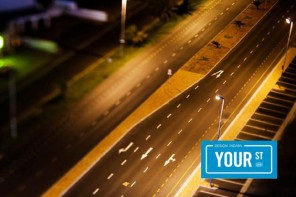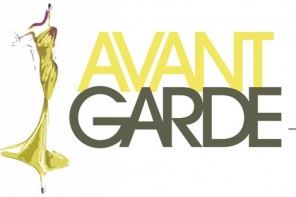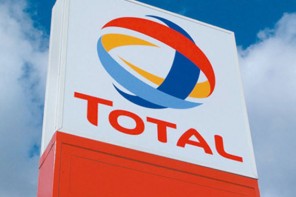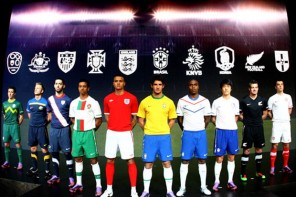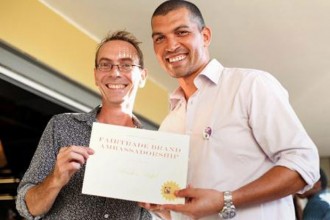Should you have a baby?
The choice of whether or not to have a baby is not an easy one, but is it eco-friendly? There are many factors to consider, such as why you want to bring a life into the world, if you can afford it as well as how much children will affect the planet from an eco-conscious point of view.
Oh, baby!
If you think of the pressure the world’s population is placing on resources such as land and water, as well as how we’re trying to live greener so as to fight the impact of global warming, the idea of bringing another person into the world might seem like a bad one. A study conducted by Oregan State University calculated that every child born in the U.S. adds 9,441 tonnes to each person’s carbon footprint! The greenhouse gas and carbon impact of an extra child was found to be almost 20 times greater than other things people might do to live greener, such as recycling, using energy-efficient light bulbs or choosing eco-friendly appliances.
There’s no doubt that everything your baby needs will have an effect on the environment. Take diapers that are used numerous times daily in the first years of your baby’s life. According to National Geographic, 18 billion disposable diapers are thrown out every year in the U.S and if one had to place them end to end, they would stretch around the world 90 times! Plus, diapers take up to 500 years or more to biodegrade.
Influenced by such concerns, a movement called GINK – Green Inclination, No Kids – has started to gain ground with people who are worried about the future of our planet. The idea is to choose not to have kids, so as to prevent the extra strain on our planet. This might seem a little harsh to you if you really want to bring a baby into the world. Although research shows that more people place extra stress on the environment, whether or not you have children really is up to you and no one can make the decision for you.
Green Parenting 101
If you do make the decision to become a parent, there are ways to ensure that your children leave as little mark on the environment as possible. Here are some ideas:
1. Make Your Own Baby Food
Babies eat a lot of food! Think of all those food jars and containers that get thrown away after use. If you make your own food, you are able to cut down on waste and also ensure that what you’re feeding your baby is nutritious.
2. Use Green Nappies
Based on the negative impact conventional nappies have on the environment, it’s a good idea to make the switch to eco nappies. Bam+Boo nappies are a hybrid nappy system that have an inner soaker section which comes apart from their outer shell to make washing easier, and then this part can be re-attached for convenience. The nappies are made from 70% bamboo and 30% cotton so that they are very absorbent, comfortable and kind to the environment.
3. Recycle What Your Kids No Longer Love
When your children have outgrown their favourite toys, clothes or no longer need their prams, donate these goods to charities or swap them with moms in your area who could do with the items.
4. Get an Early Start
As you know, what you eat during your pregnancy has an effect on your growing baby. Try to eat as much organic fruits and vegetables as you can to ensure that you’re nourishing your child with pesticide-free and healthy food.
5. Get them Green Toys
Many children’s toys contain polyvinyl chloride (PVC), a harmful substance that releases poisonous fumes into the air. If you think about how children usually put everything in sight into their mouths, such toys are not good for their health. Get them eco-friendly toys to play with. Check out Green Beginnings for a range of organic rattles, educational toys, teddy bears and dolls. There are also other great finds on the website, such as green feeding utensils and bottles.

